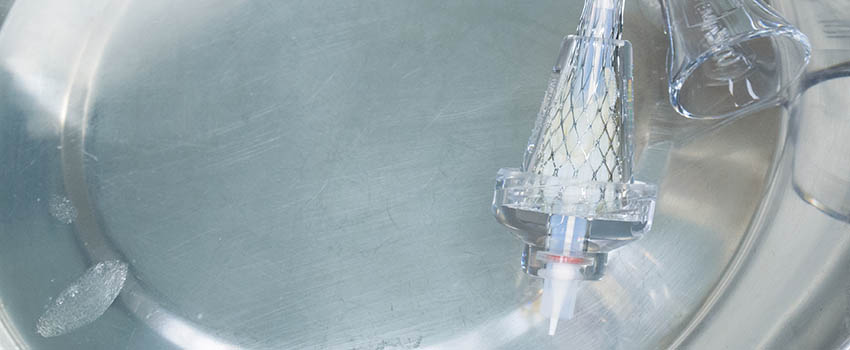Minimally invasive procedures

With sub-speciality training in cardiac electrophysiology and cardiac electronic implanted devices, Dr Freeman specialises in heart rhythm disorders. Dr Freeman examines the heart's timing, or electrical system and diagnoses and treats irregular heartbeats known as arrhythmias. This is accomplished through minimally invasive catheter-based tests and procedures such as electrophysiology studies, ablations, and the implantation of cardiac electronic devices.
Dr Freeman performs diagnostic electrophysiology studies. When the heart doesn’t beat normally, electrophysiology studies are used to find out why. The test is done while the patient is sedated but awake. It involves the insertion of electrically sensitive catheters and wire electrodes through blood vessels that enter the heart. The electrodes send electrical signals to the heart and record and measure its electrical activity. These studies take place in a special room called a catheterization (cath) lab while the patient is mildly sedated. The results can help Dr Freeman and the patient to decide whether they require surgery, a pacemaker, an implantable cardioverter defibrillator (ICD), cardiac ablation, or medication. Heart attacks, ageing, and high blood pressure, may cause scarring of the heart. The scarring may cause the heart to beat in an irregular pattern. Extra or abnormal electrical pathways found in certain congenital heart defects can also cause irregular heartbeats.
The implantation of cardiac electronic devices, which includes pacemakers, implantable cardiac defibrillators, cardiac resynchronisation therapy devices and implanted cardiac monitors/loop recorders. These implantable devices are able to perform cardioversion, defibrillation, and pacing of the heart. The devices are therefore capable of correcting most life-threatening cardiac arrhythmias. Dr Freeman also provides ongoing cardiac device management, including programming, and follow-up visits for applicable devices.
Ablations treat arrhythmias by destroying the place inside the heart that is causing the abnormal electrical signal(s) using catheterization to administer either heat (radiofrequency ablation) or freezing (cryoablation) . Ablations include procedures such as:
- Atrial fibrillation ablation
- Atrial flutter ablation
- Supraventricular tachycardia ablation
- Ventricular ectopy
- Ventricular tachycardia ablation
Doctor Freeman will discuss the benefits and risks before proceeding with tests or procedures.
